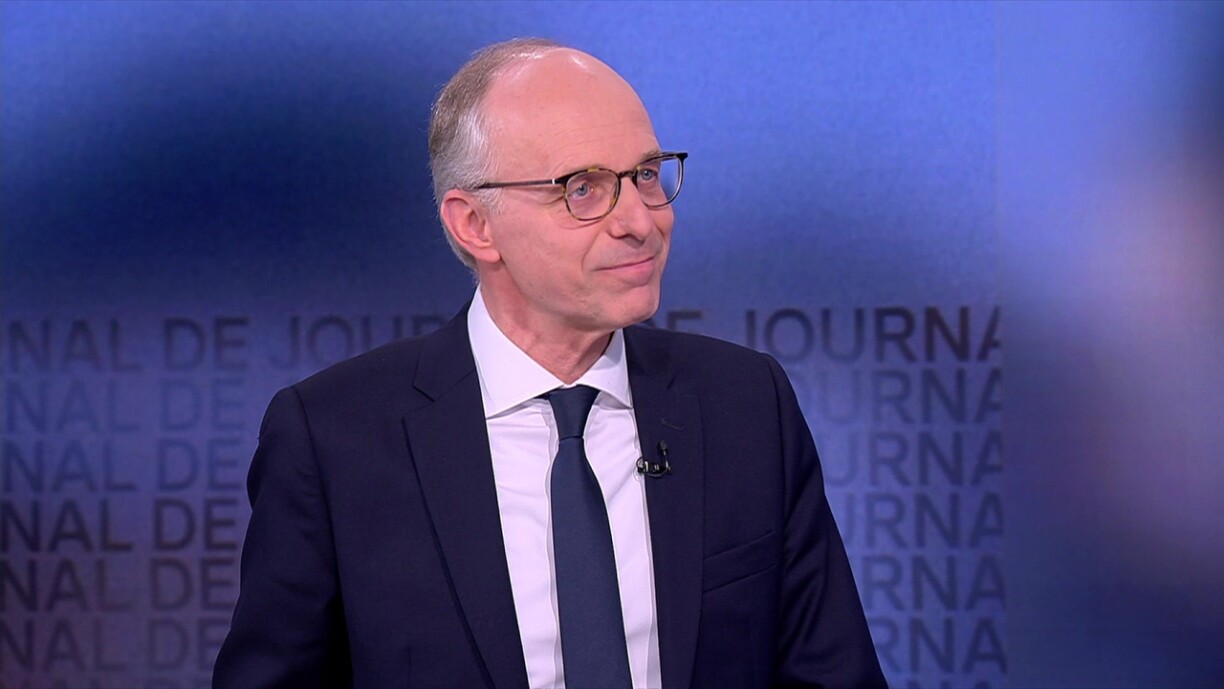
The seasoned politician described the past three months as intense but fruitful, particularly highlighting what he perceives as great communication between individual ministries. As for his own responsibility, Frieden explained that it is his duty to ensure that the coalition agreement between his Christian Social People’s Party (CSV) and the Democratic Party (DP) will be implemented as planned.
Policies with heart and intellect
When asked about whether the priorities of his administration lie with employers, Frieden responded by saying that he tries to put forward policies with heart as well as intellect. He stressed that the first act of his government was not the contentious begging ban – which he believes has been discussed to death – but the strengthening of people’s purchasing power, which he deems a social measure.
Frieden did not hold back on his view that wealth has to be generated first before it can be distributed. Without businesses and growth, there cannot be a welfare state, argued the PM. Similarly, he noted that Luxembourg’s pension system depends on high growth, which is why he promotes an open dialogue on that matter, with debates perceived as an important tool for democracy. Not tackling these issues would be an avoidance of responsibility, said Frieden.
Government spending
When it comes to the administrative simplification of procedures in the housing sector, Frieden announced that a new law is set to come into force before summer. Elaborating on this legislative ambition, he explained that one of the goals is to no longer require permits for every small construction effort.
During the interview, Frieden also addressed spending issues, acknowledging that it is impossible to please everyone across the board. He went on to say that the administration intends to allocate subsidies in a more targeted manner, but did not elaborate on the exact parameters of this strategy.
However, as for defence spending, there are no intentions to scale down. Spending has to be high in war times, and Ukraine needs our help, the politician stressed. This war is about democracy and values, which makes the conflict relevant for us, , according to Frieden.
Interview in Luxembourgish
Although a reform of the pension financing system was not included in the parties’ election campaigns, Health and Social Security Minister Martine Deprez has underscored the pressing need for action since taking office. According to projections, the pension fund’s spending could outweigh its revenue by 2027, which has stoked fears among opposition parties that the welfare system could be threatened.
Contrary to his predecessor, the new Minister for Home Affairs, Léon Gloden, accepted the begging ban put forward by the municipality of Luxembourg City. Not only represented this one of the first actions of the new administration, but also one of the most contentious ones as criticism of the policy has been voiced in seemingly every corner of the country.
Right in time for the new year, the administration then confirmed that the tax rate was being adjusted to four instead of two and a half wage indexations. The government also announced measures to kick-start efforts in the construction sector, officially deemed in a state of crisis, including greater investments into affordable housing.
In mid January, Luxembourg’s crisis unit put out a red alert over black ice forecasts, which brought parts of the Grand Duchy to a standstill the following day. As actual weather conditions turned out significantly milder than anticipated, the government had to face criticism over the call for people to work from home and schools to remain shut.
The administration was then rocked when allegations of violent behaviour were made against Education and Housing Minister Claude Meisch. However, following an investigation, the Luxembourg prosecutor’s office officially closed the case, citing lack of evidence of any criminal offence.